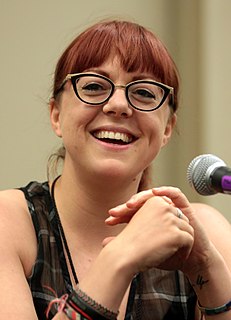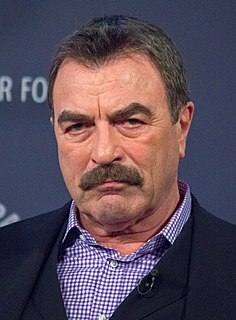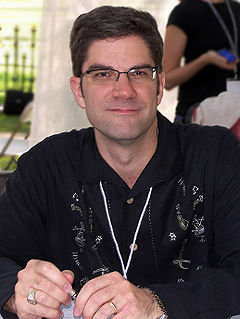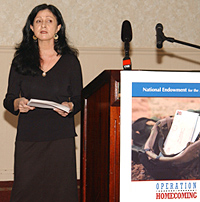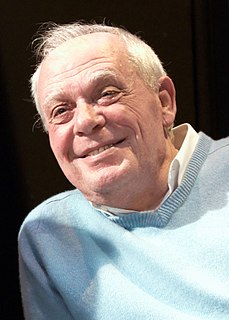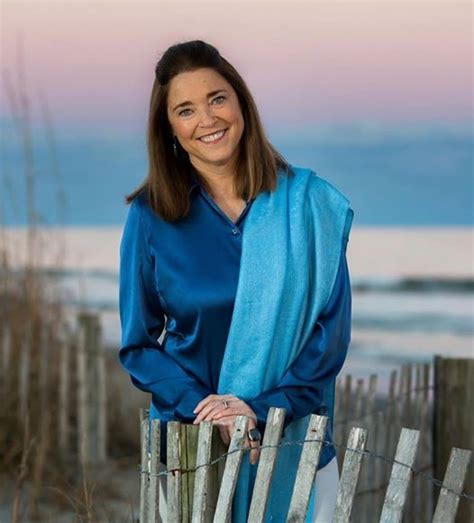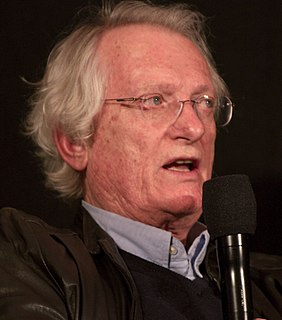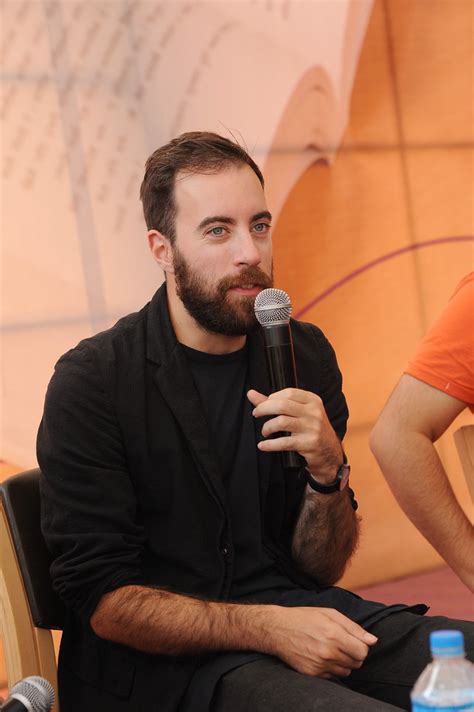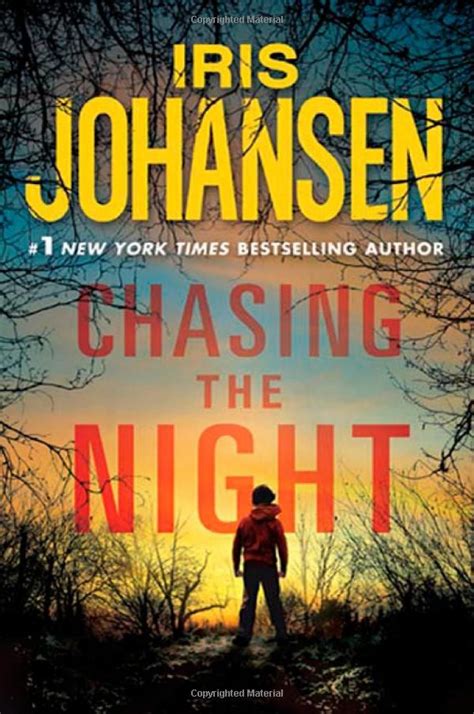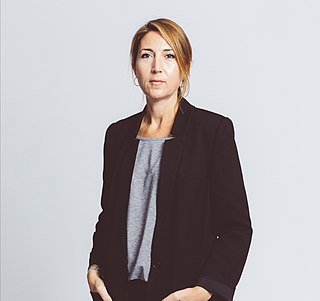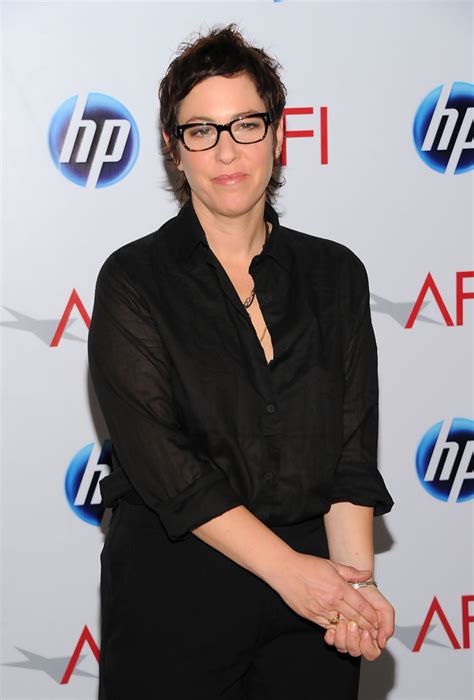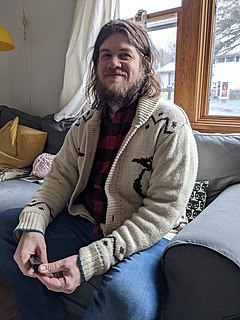Top 1200 Plot Twists Quotes & Sayings - Page 16
Explore popular Plot Twists quotes.
Last updated on December 1, 2024.
Ko Un's poems evoke the open creativity and fluidity of nature, and funny turns and twists of Mind. Mind is sometimes registered in Buddhist terms - Buddhist practice being part of Ko Un's background. Ko Un writes spare, short-line lyrics direct to the point, but often intricate in both wit and meaning. Ko Un has now traveled worldwide and is not only a major spokesman for all Korean culture, but a voice for Planet Earth Watershed as well.
Tod's eyes widened, and his irises swirled in tight twists of blue. "Well, I don't see that I have much of a choice, considering that's part of Reaper Law." "There's a Reaper Law?" "Of course. 'A reaper is Trustworthy, Loyal, Helpful, Friendly, Courteous...'" He shrugged. "It gets boring after that. But this situation is clearly covered under the 'helpful' category." I rolled my eyes. "I think that's the Boy Scout law." "They took it from us. But they left out all the good stuff.
Coherence and closure are deep human desires that are presently unfashionable. But they are always both frightening and enchantingly desirable. "Falling in love," characteristically, combs the appearances of the word, and of the particular lover's history, out of a random tangle and into a coherent plot.








